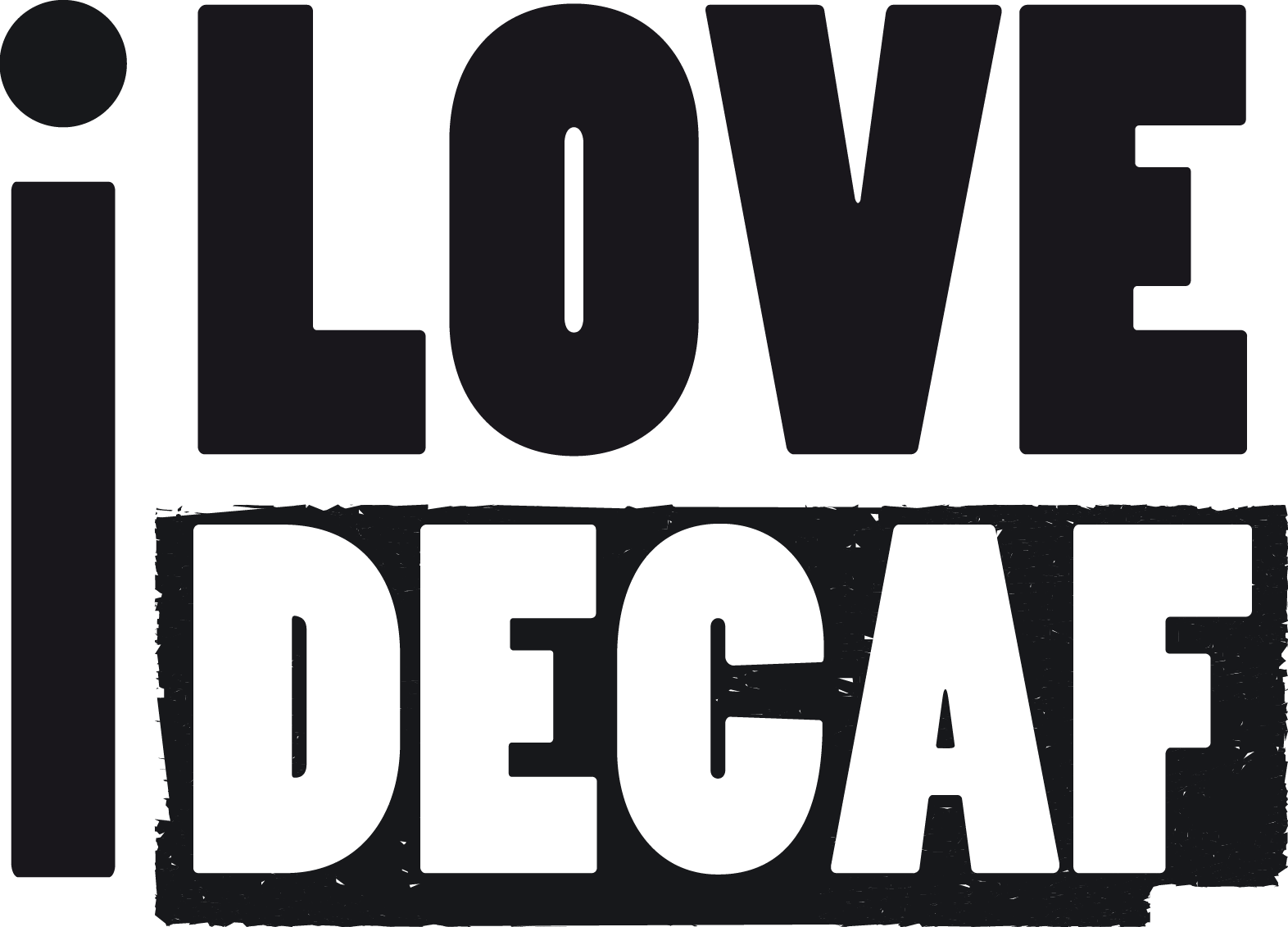Buying decaf coffee shouldn’t feel like you’re choosing between minor dental surgery or a cup of hot regret. And yet, if you’ve ever found yourself staring at the supermarket shelf lined with jars of “Decaf Crystals” and packets with beige graphics that scream “tastes like disappointment,” you’ll know the dread.
Let’s be honest: most supermarket decaf coffee looks and tastes like it was developed during wartime rationing, possibly alongside Spam, powdered egg, and tinned peaches in heavy syrup. It’s as if, back in 1947, someone said, “What if we made coffee… but we took out the joy and replaced it with industrial solvents and broken dreams?”
Well, you deserve better. You deserve coffee that isn’t a flavour crime against humanity. So here’s your guide to spotting the good stuff before you end up with a tin of brown powder that smells like damp carpet and regret.
1. If it says ‘instant,’ drop it and run Instant decaf is the coffee equivalent of a gas station sandwich. It exists. It’s technically edible. But it’s built for shelf life, not for joy. And let’s be clear: no one has ever taken a sip of instant decaf and said, “Ah yes, subtle cocoa notes and a hint of toasted pecan.”
What you will get is the taste of vaguely burnt cardboard, a nostalgic kick of tin can, and the gentle whisper of despair. If it comes in a glass jar and rhymes with Nescafé, you’ve gone too far.
2. Beware of packaging that looks like it was designed in a nuclear bunker If the packet has a typeface that predates the invention of irony, and promises things like “Rich Roast!” or “Bold Blend!” without saying where the beans came from or how they were decaffeinated—back away slowly.
High-quality decaf doesn’t shout. It tells stories. It lists the origin. It shows off its decaffeination method (more on that in a moment). If it just says “100% pure coffee,” that’s supermarket code for “We gave up trying.”
3. Check the decaffeination method – science is your friend If you see the words “methylene chloride” or “ethyl acetate,” know this: your coffee was likely processed with something that sounds like it came from the cleaning cupboard in a Soviet-era factory.
Now, we’re not saying those methods are dangerous. We’re just saying they make your coffee taste like the ghost of floor cleaner.
Look for Swiss Water Process or CO2 decaffeination. These chemical-free methods preserve flavour, dignity, and the faint hope that your coffee won’t taste like a soggy Weetabix soaked in warm radiator water.
4. Whole beans are not just for show-offs Yes, buying whole beans suggests you own a grinder. Or at least know someone who does. But here’s the thing: whole beans are fresher, fuller in flavour, and haven’t been prematurely exposed to air, moisture, and supermarket sadness.
If you must go pre-ground, fine—but make sure it tells you what grind it is (espresso, filter, French press), otherwise you’re playing coffee roulette and the prize is a mug of brown sludge.
5. The sniff test (metaphorical unless you’re in the shop and brave) Real decaf smells like coffee. It should smell good. Like, want-to-huff-the-bag good. If you open the pack and it smells like a pensioner’s sock drawer, return it to the dusty lower shelf where it belongs.
6. Instant coffee is not a survival item anymore Look, there was a time when instant coffee made sense. That time was the Blitz. It came with powdered egg, powdered milk, powdered courage. But it’s 2025. You can have actualcoffee, even if it’s decaf.
You no longer have to drink something that looks like soil and tastes like nuclear fallout. You have options. You are free.
7. Support decaf-dedicated brands (ahem) High-quality decaf doesn’t happen by accident. It takes care, time, and the kind of obsessive energy usually reserved for sourdough bakers or people who collect vintage cheese labels.
At I Love Decaf, we start with proper beans, not ones rejected by the caffeinated world like sad understudies. We roast them with love, decaffeinate them properly, and deliver coffee that makes your taste buds feel seen.
We’ve done the suffering, so you don’t have to. We’ve drunk the instant. We’ve endured the supermarket sachets. We’ve gagged politely at free hotel sachets that taste like bin juice.
So what’s the moral? Life is too short for bad coffee. Even decaf.
If you’ve sworn off caffeine, don’t punish yourself by drinking ghost-coffee made in a lab under fluorescent lighting. Buy better. Drink better. Start with coffee that knows what it’s doing.
And no, we don’t sell tinned peaches.
Treat yourself to actual flavour at I Love Decaf.

